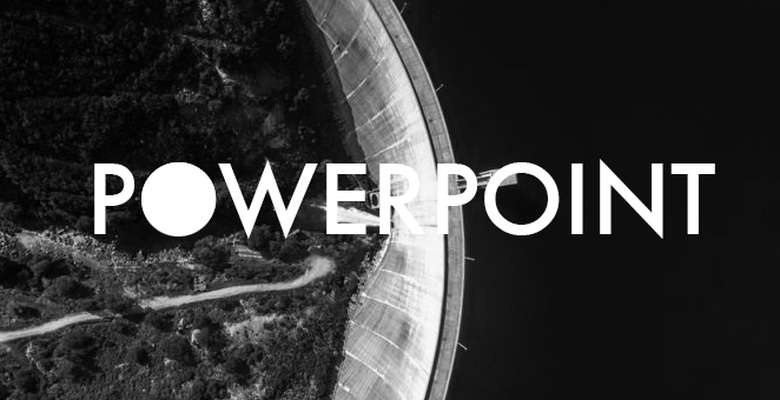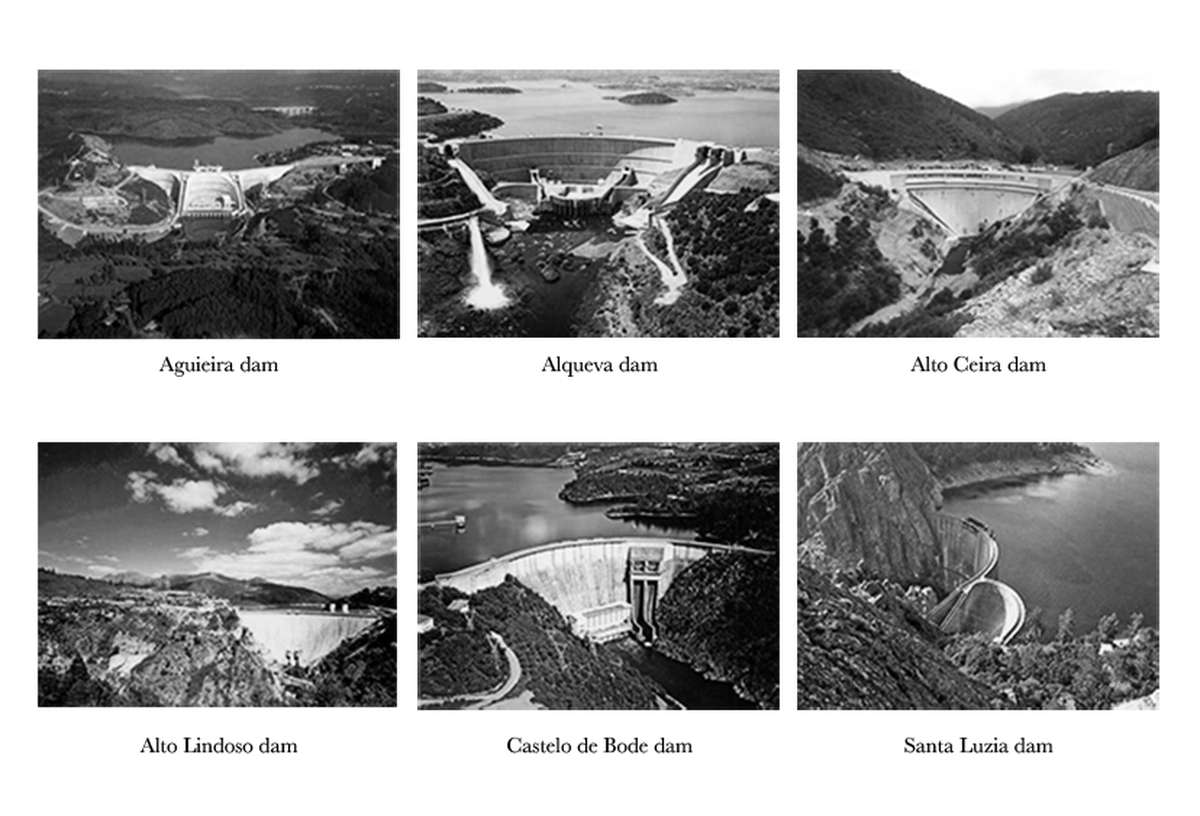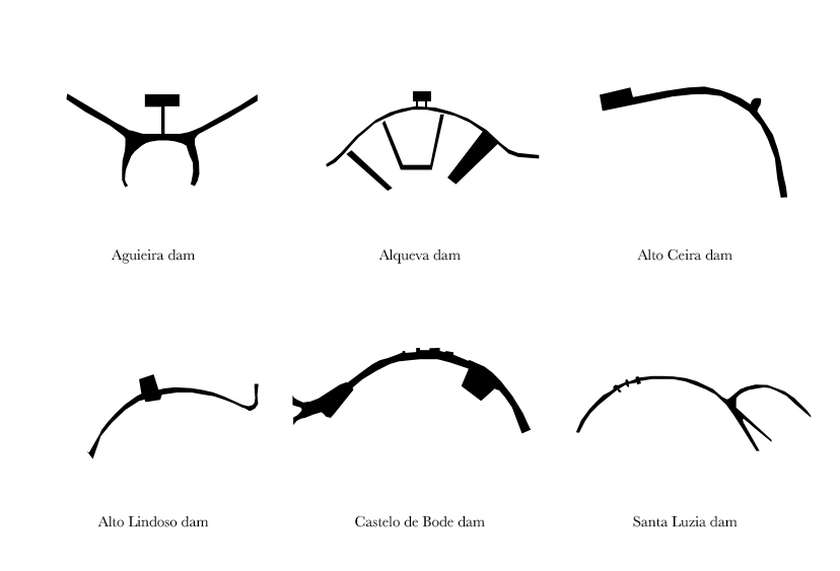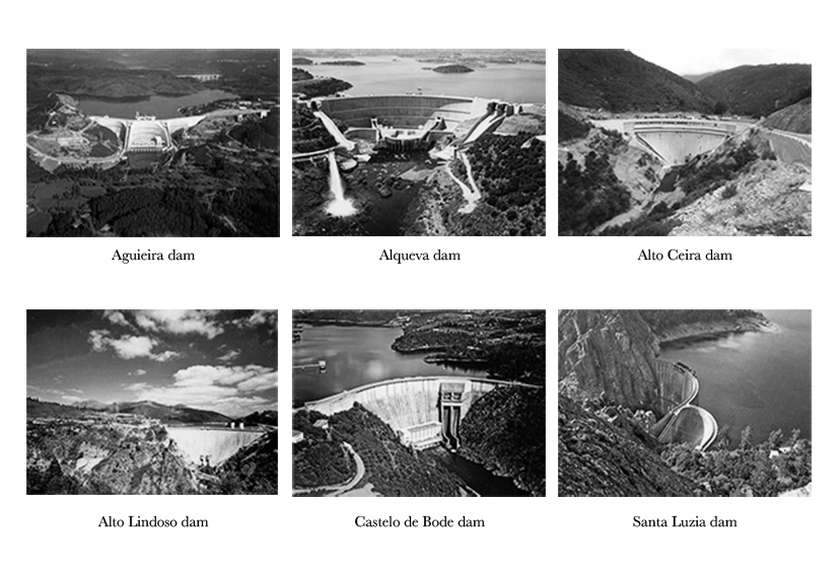Idea by
Eduardo Corales
CORALES Arquitectura
Call for ideas 2019
Powerpoint
Powerpoint

- Systemic changes
Today, dams are one of the most important sources of renewable energy production in the world. In countries like Portugal they provide almost 55% of the total energy of the country and are part of the industrial landscape of the national territory.
At the same time, they are one of the most conflictive infrastructures in landscape, territorial and ecological terms, constantly generating a debate about the sources of electrical production, the impact of energy companies in the territory as well as the imprint of the man in modification of the territory, the main history of industrial architecture and the costs of modern life.

This study seeks to present these structures as part of the industrial history of territory, being in this case an investigation of active and current elements, looking at them as part of the current and future industrial process, as well as the questions they generate since the environmental impact, the modification of the territory and the social consequences of these elements of monumental scale.

We consider it extremely important to generate an instance of a compilation of the most representative cases of this process of humanity, putting in perspective the future of infrastructures that could be part of the new industrial heritage obsolete in the not so distant future.
This research has the support of the EDP Foundation and the Autonomous University of Lisbon.
Powerpoint
Powerpoint

- Systemic changes
Today, dams are one of the most important sources of renewable energy production in the world. In countries like Portugal they provide almost 55% of the total energy of the country and are part of the industrial landscape of the national territory.
At the same time, they are one of the most conflictive infrastructures in landscape, territorial and ecological terms, constantly generating a debate about the sources of electrical production, the impact of energy companies in the territory as well as the imprint of the man in modification of the territory, the main history of industrial architecture and the costs of modern life.

This study seeks to present these structures as part of the industrial history of territory, being in this case an investigation of active and current elements, looking at them as part of the current and future industrial process, as well as the questions they generate since the environmental impact, the modification of the territory and the social consequences of these elements of monumental scale.

We consider it extremely important to generate an instance of a compilation of the most representative cases of this process of humanity, putting in perspective the future of infrastructures that could be part of the new industrial heritage obsolete in the not so distant future.
This research has the support of the EDP Foundation and the Autonomous University of Lisbon.